The Evolution of Medical Utensils
& The Future of Medical Moulded Pulps

Quality medical equipment is integral in aiding medical practitioners in administering safe and effective treatments for their patients. Hence, many individuals have expended hours on end towards continually improving medical equipment and utensils. Yet, unbeknownst to many, medical utensils have come a long way since their early beginnings, with the most significant change being the materials used in manufacturing the equipment.
Metal
Traditionally, metal has been the go-to material for crafting medical utensils, surgical instruments, and other medical equipment due to the benefits of metallic material. For instance, the most common metals are stainless steel, titanium, tantalum, platinum, and palladium.
Metals can withstand high temperatures, which is crucial as medical utensils must undergo a disinfection process. For example, under the gold standard, a bedpan sanitiser is used to disinfect medical utensils, which reach temperatures of around 80˚ Celsius required to kill or denature harmful bacteria. Additionally, as medical utensils often come in contact with bodily fluids, metals are the ideal candidates for manufacturing medical utensils due to their durability as it does not run the risk of corrosion.
Despite the benefits of metallic materials, it leads to the issue of being colder to the touch than other materials at the same temperature due to their good thermal conductibility. For instance, patients often face the issue of the metal bedpans being too cold and too hard to sit on, which causes them inconvenience during defecation.
Plastic
As such, many turned to plastics to reinvent the wheel and produce a more cost and energy-effective solution for manufacturing and maintaining medical instruments. As plastic is a relatively cost-effective material, it enables mass production at low rates.
Plastic is an incredibly versatile material that is suitable for manufacturing medical utensils. For example, medical urinals and bedpans made from plastic are both light and durable, thus making them handy for nurses’ use in medical wards. Additionally, plastic is relatively durable, enabling it to withstand patients’ weight.
Despite its many benefits, medical equipment such as reusable bedpans require thorough cleaning processes to ensure the elimination of viruses. Studies have found failure rates of up to 7% to 33% in bedpan washers, which can seriously impact patients’ health. Moreover, medical staff have reported that using reusable bedpans is unpleasant as they require more processing, resulting in hazardous splashing and an unclean working environment.
Besides, plastic is not environmentally friendly due to the difficulty of disposing it in an environmentally-friendly manner. Considering the state of global warming, many are calling for the decreased usage of single-use plastics across all industries – including the medical industry.
Moulded Pulps
Most recently, the popularity of medical moulded pulp has been rising exponentially. As many have criticised the use of single-use plastic products, moulded pulps are manufactured from recycled raw material materials, mainly newspaper and kraft papers. This means that moulded pulp use is an effective, biodegradable, and environmentally-friendly way to manufacture single-use products that will both prevent cross-contamination and unnecessary labour in cleaning.
Moulded pulp can manufacture various medical equipment, such as single-use moulded pulp urine bulbous, wash bowls, and bedpan liners, which prevent cross-contamination and are sturdy enough to contain corrosive bodily fluids. Hence making medical moulded pulp highly versatile, cost-effective, and environmentally friendly.
Moulded pulps are also simple to dispose of, either in waste bins or macerators. The moulded pulp and its contents can be disposed of together into a macerator, which will macerate the pulps into tiny particles that can be safely disposed of in the sewage system without risking blockage.
The First Step To Revolutionising the Medical Industry
Undoubtedly, with its numerous benefits, moulded pulp is revolutionising the medical industry and is emerging as a strong competitor to traditional materials such as plastics and metal. Acquaint yourself with us today if you are interested in purchasing or distributing quality moulded pulp products.
Article by Apex Pulp Pte Ltd published on 24 June 2022. For further enquiries, drop us an email at sales@apexpulp.com.

